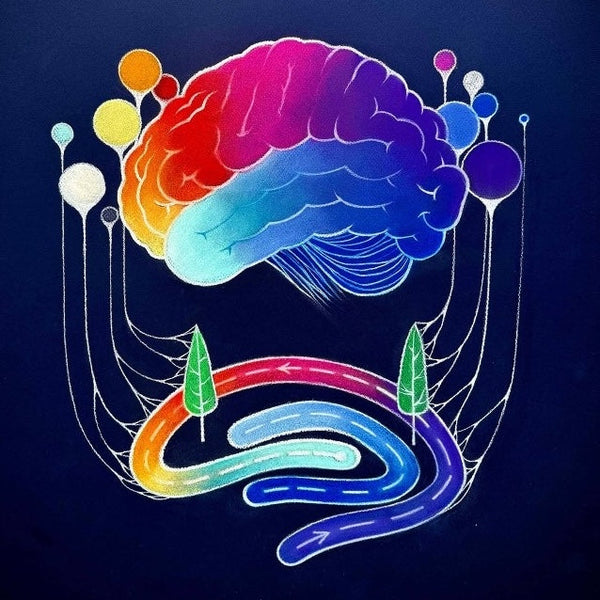Research -- StepUp to Learn
Why Some Brains Switch Gears More Efficiently Than Others
How neural pathways integrate fast and slow information processing.
Scientists Develop New Way to “Listen In” on the Brain’s Hidden Language
Until now, incoming signals between neurons in the brain that underpin learning, memory, and emotion were too faint and fast to capture.
How The Brain Spins Back Into Focus
Researchers have uncovered how the process of refocusing after a distraction may work.
Memory and Motivation: Do Rewards Help or Hinder?
Researchers explore how reward cues shape engagement and discover that timing makes all the difference.
The Brain May Work Best With 7 Senses, Not Just 5
A mathematical link between memory, senses, and intelligence reveals that seven may be the magic number.
How The Brain Decides What To Remember
Discoveries using virtual reality reshape how scientists understand memory formation.
From ABCs to Essays: How Kindergarten Skills Set the Stage for Reading and Writing
Researchers explain how early language development shapes literacy proficiency through Grade 2.
Exercise vs. Junk Food: New Insights into Gut-Brain Signaling
New study challenges current views into how diet, exercise, and mental health are connected at a biological level.
Can Coding Boost Executive Function Skills?
Researchers question how teaching computational thinking skills can help elementary students’ executive function skills.
Baby Babble and the Malleable Brain
Princeton neuroscientists find surprising clues from chatty monkeys who share the power of babble.
Scientists Just Found the Brain’s Secret GPS System
Researchers discovered two brain regions that work as a “neural compass," keeping people oriented in virtual city navigation
Memories Drift Across Neurons Over Time
Map-making neurons change even when familiar settings remain exactly the same
-
Previous
- Page 1 of 20
- Next












